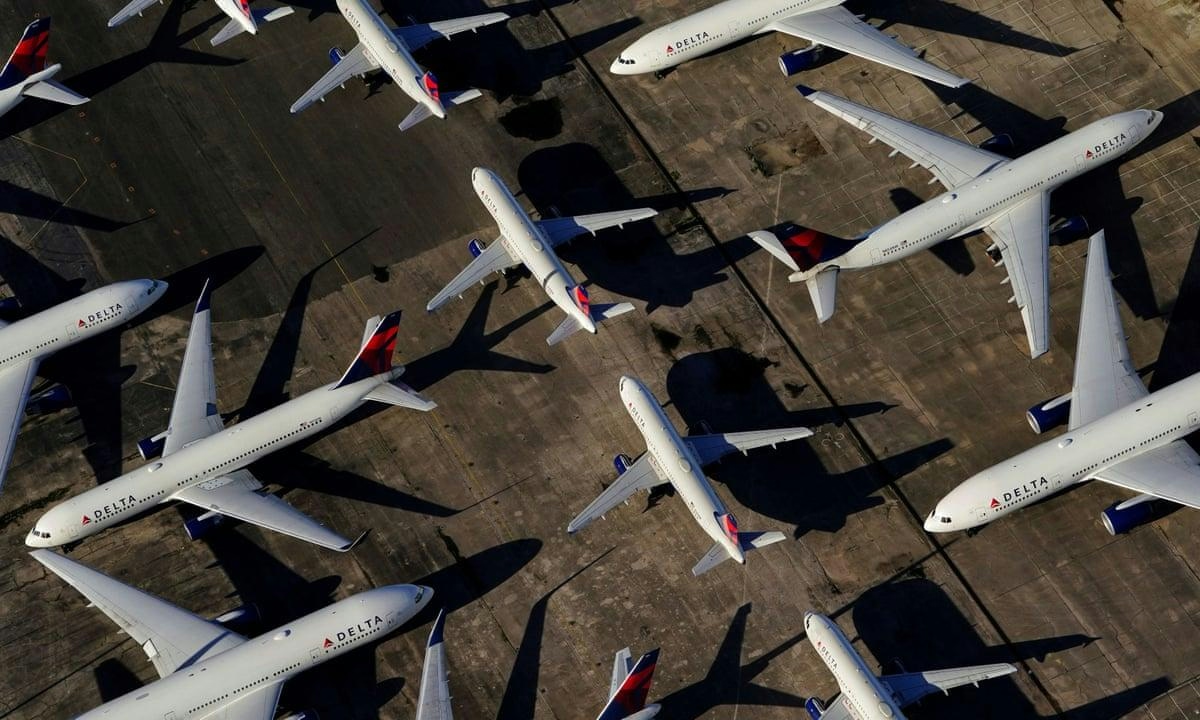AeroGenie — Tu copiloto inteligente.
Tendencias
Categories
Delta Replaces Engine Parts Following Brain Injuries to Passengers and Crew

Delta Air Lines Initiates Engine Part Replacements Amid Health Concerns
Delta Air Lines has announced a comprehensive replacement of engine components on over 300 Airbus aircraft in response to toxic fume leaks linked to serious health issues, including brain injuries, among passengers and crew members. This initiative marks a significant intervention by a major U.S. carrier addressing a persistent and escalating safety concern within modern aviation.
Background on Fume Events and Health Risks
Over the past quarter-century, the Federal Aviation Administration (FAA) has documented thousands of “fume events,” incidents where hazardous fumes originating from aircraft engines infiltrate the cockpit or cabin environment. These events expose occupants to neurotoxins and other harmful chemicals, raising alarms across multiple airlines and aircraft models. The problem is not confined to a single manufacturer but has been notably associated with the widespread use of Airbus’s A320 family.
The A320, introduced in the late 1980s and recognized as the world’s best-selling commercial airliner by 2019, has been at the center of recent scrutiny. Investigations, including a detailed report by the Wall Street Journal, have highlighted an increase in fume events in recent years, correlating with the prevalence of this aircraft model in global fleets.
Technical Factors Behind the Leaks
The source of these toxic fumes is linked to the “bleed air” system, a standard feature in nearly all commercial jets except the Boeing 787. This system draws hot, compressed air from the engines to pressurize the cabin, provide air conditioning, and prevent icing. When engines are off, such as during taxiing, an auxiliary power unit (APU) supplies the necessary electricity and air. However, engineers have raised concerns that leaks within the APU can contaminate cabin air even when the unit is inactive. Airbus has acknowledged that the integration of the APU on the A320 plays a significant role in these fume incidents.
Implications for Delta and the Aviation Industry
Delta’s decision to undertake extensive engine part replacements comes amid intensified regulatory scrutiny and growing passenger apprehension regarding airline safety. The airline faces operational challenges and increased financial burdens as it implements these upgrades across its fleet. Industry experts suggest that such safety issues can influence public perception, potentially affecting passenger loyalty and prompting competitors to enhance their own safety protocols and transparency.
This development highlights the critical need for continuous safety improvements in aviation. Delta’s proactive measures may establish a benchmark for other carriers and could catalyze broader industry reforms aimed at mitigating the risks of toxic fume exposure in commercial air travel.

Emirates Unveils Cabin Design for New Boeing 777X

Eighteen Years On, the Airbus A380 Remains Central to a $34 Billion Airline

How a boom in luxury airline seats is slowing down jet deliveries

Navitaire Outage Attributed to Planned Maintenance

DigiYatra Debuts Outside Aviation at India AI Impact Summit

Vietnam Orders Strengthen Boeing’s Commercial Outlook

Airbus Signals Uncertainty Over Future A400M Orders

JobsOhio Awards $2 Million Grant to Hartzell Propeller for Innovation Center

Collins Aerospace Tests Sidekick Autonomy Software on YFQ-42A for U.S. Air Force CCA Program

How the Airbus A350-1000 Compares to the Boeing 777
